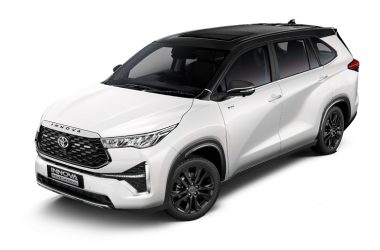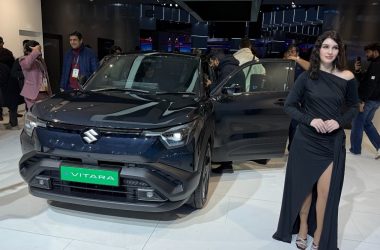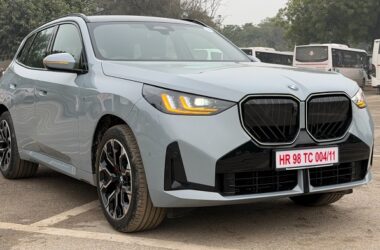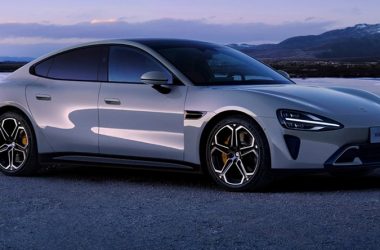New Delhi – The Ministry of Heavy Industries (MHI) has launched a series of ambitious schemes aimed at accelerating the adoption of electric vehicles (EVs) across India. With a significant financial commitment, these initiatives are designed to incentivize consumers, bolster manufacturing, and expand necessary infrastructure.
Electric Mobility Promotion Scheme 2024 (EMPS):
Starting from April 1, 2024, and running until September 30, 2024, the EMPS allocates ₹778 crore to incentivize buyers of electric two-wheelers (e-2W) and three-wheelers (e-3W). This scheme aims to make EVs more accessible to everyday consumers, driving a significant shift towards cleaner transportation options.
Production Linked Incentive Schemes (PLI):
To boost the manufacturing of EVs and their components, two major PLI schemes have been introduced. The PLI-AAT, with a hefty budget of ₹25,938 crore, covers a wide range of electric vehicles, including two-wheelers, three-wheelers, four-wheelers, buses, and trucks. Additionally, the PLI-ACC, with an outlay of ₹18,100 crore, focuses on the production of advanced chemistry cells, crucial for EV batteries.
Promoting Electric Passenger Car Manufacturing:
A dedicated scheme encourages global EV manufacturers to invest in India, positioning the country as a premier destination for electric vehicle production. This initiative is set to transform India into a hub for cutting-edge EV technology and manufacturing.
FAME India Scheme:
Initiated in 2015, the Faster Adoption and Manufacturing of (Hybrid &) Electric Vehicles (FAME) India Scheme has been pivotal in promoting EV adoption. Phase-I, which concluded in March 2019 with a budget of ₹895 crore, supported 2.8 lakh EVs and the deployment of 425 electric and hybrid buses across various cities. Additionally, ₹43 crore was allocated to establish 520 charging stations.
Advancing to Phase-II:
Building on the success of Phase-I, Phase-II of the FAME India Scheme commenced on April 1, 2019, with a substantial budget of ₹11,500 crore. This phase emphasizes public and shared transportation electrification, aiming to support 7,262 e-buses, 1,55,536 e-3Ws, 30,461 e-4W passenger cars, and 15,50,225 e-2Ws. As of July 31, 2024, claims for 16,71,606 electric vehicles amounting to ₹6,825 crore have been submitted for subsidy reimbursement.
Moreover, under Phase-II, 6,862 electric buses were sanctioned for various cities, with 4,853 supplied by July 31, 2024. The MHI also sanctioned ₹800 crore to the Ministry of Petroleum and Natural Gas’s Oil Marketing Companies (OMCs) for establishing 7,432 public charging stations. An additional ₹73.50 crore was allocated in March 2024 for 980 public fast-charging stations.
Government’s Vision:
Minister of State for Heavy Industries and Steel, Bhupathi Raju Srinivasa Varma, highlighted the government’s commitment to transforming India’s transportation landscape. These initiatives are not just about reducing emissions but also about establishing India as a global leader in electric vehicle technology and manufacturing.
With these strategic moves, India is poised to accelerate its transition to electric mobility, promising a cleaner, greener, and more sustainable future for its citizens.
Category-wise details of claims submitted are as under:
| Sl. No. | Wheeler Type | Total No. of Vehicle |
| 1. | 2 wheeler | 14,69,343 |
| 2. | 3 wheeler | 1,78,952 |
| 3. | 4 wheeler | 23,311 |
| Total | 16,71,606 |








